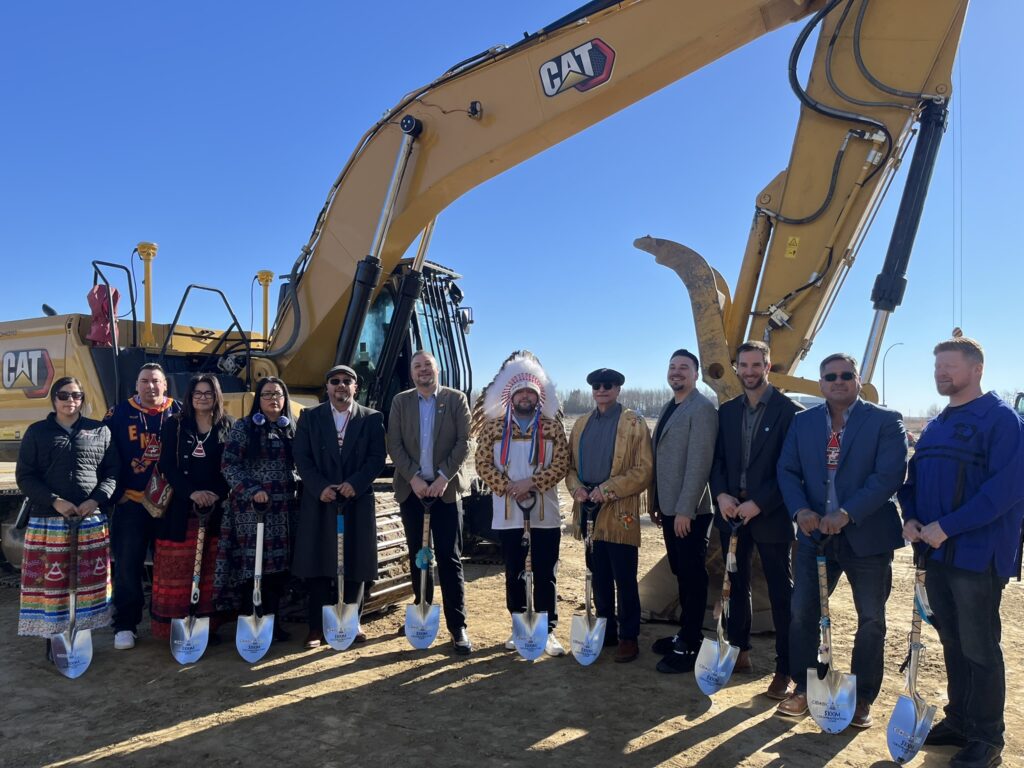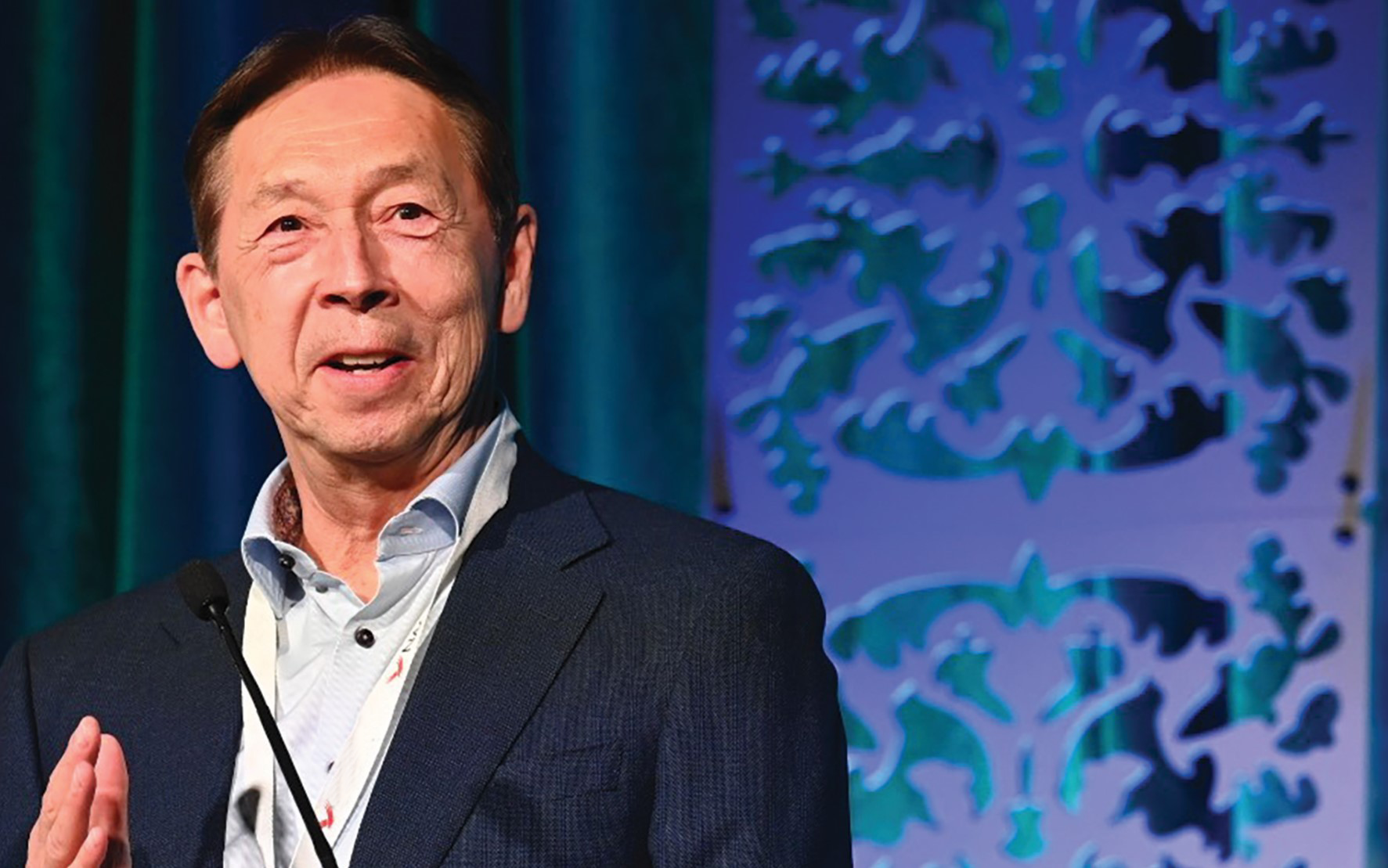
As originally published in the Hill Times on Monday October 20, 2025
It’s time to correct a common misconception: granting First Nations Finance Authority (FNFA) the ability to finance Special Purpose Vehicles (SPVs) is not about giving First Nations a competitive edge—it’s about leveling the playing field.
Under the current framework, municipalities and other public entities routinely use SPVs to finance infrastructure and economic development. First Nations, however, are constrained by outdated provisions of the Indian Act, which limit their ability to participate in these same opportunities. FNFA’s capacity to finance SPVs simply allows First Nations to access the same tools others already use. This is not preferential treatment, it’s parity.
More broadly, this issue underscores the critical role of the First Nations Fiscal Management Act (FNFMA) institutions. These institutions—FNFA, the First Nations Tax Commission, the First Nations Infrastructure Institute, and the First Nations Financial Management Board—are not only pillars of Indigenous fiscal empowerment, but also models of good governance, accountability, and economic development. Their success benefits all Canadians by fostering stronger, self-sustaining communities and reducing reliance on federal transfers.
Ironically, these institutions exist precisely because of the limitations imposed by the Indian Act. They were created to fill the gaps, to offer First Nations the tools to build their own futures. Supporting their evolution—including enabling FNFA to finance SPVs—is not just a policy decision, it’s a commitment to reconciliation, equity, and shared prosperity.
Let’s move past the notion of advantage and focus on fairness. Empowering First Nations through the FNFMA is a win for everyone.
Canada’s economy and resource potential stands at a crossroads: Indigenous communities are prepared to be part of nation building and contribute towards economic progress, but governments continue to struggle to meaningfully (and legally) consult and engage Indigenous rights holders on decisions that impact their territories.
Since time immemorial, Indigenous Peoples shared the land, our traditional knowledge, and developed robust trade networks that made survival possible for new settlers.
Today, our people remain burdened and oppressed by the Indian Act legislation, paternalistic Ottawa, and various legislative impediments to otherwise wanted and much needed economic progress. Indigenous Peoples do not simply want to be “consulted”, we want to contribute to the development of projects to build Canada, and at the same time, contribute to increased productivity and real GDP growth.
FNFA created by federal legislation, the FNFMA, 2005, allows the participation of member Nations in economic projects. Over the past 20 years, FNFA has delivered more than $4 billion in financing, raised through capital markets, for First Nations projects—supporting the creation of an estimated $8.35 billion in national economic output, created an estimated 38,500 jobs, and helped to build critical infrastructure like housing, schools, and water systems. From the Haisla Nation’s $1.4 billion majority stake in Cedar LNG, to the Mi’kmaq Coalition’s $700 million investment in Clearwater Seafoods, First Nations are actively leading and partnering in Canada’s energy and resource economy on a global stage.
Yet despite our success, our legislative act still prohibits us from providing financing to Nations who wish to come together to support major projects through SPVs—legal partnerships which First Nations can use to pool resources for major projects—even when federal or provincial guarantees are in place.
Private companies, Crown Corporations and banks face no such restrictions, leaving Canada’s First Nations, who are members of FNFA, shut out of opportunities to access affordable capital at preferred rates from an Indigenous-led financial organization. The very reason we were created.
According to Chief Derek Epp Ch’íyáqtel (formerly Tzeachten First Nation), “The Stonlasec8 deal is a prime example of an Indigenous-owned SPV, comprising 38 First Nations in British Columbia who are investing $736 million for a 12.5 per cent equity stake in the project. If FNFA was the lender of choice in that deal, we could have obtained more affordable financing, and those funds could have been reinvested into our communities.”
If Prime Minister Carney and Finance Minister Champagne truly want to get our economy moving, they need to ensure First Nations are part of more projects. Concrete and immediate actions are necessary to empower First Nations to invest in and become full partners in projects.
First Nations across Canada already realize the strategic benefits of entering into SPVs when exploring innovative solutions to economic opportunities. Not only can they secure lower rates of financing for projects, but they can also de-risk their investments by working together.
Earlier this month, at a conference on the traditional territory of the Mississaugas of Scugog Island First Nation, Chief Kelly LaRocca shared, “SPVs are de-risked, tariff-proof funding – spreading out the risks and minimizing delays of a project.”
What is standing in the way of FNFA lending to SPVs is an outdated legislative barrier that should be amended as part of Minister Champagne’s November 4th Budget. This will be a genuine test and opportunity for the Prime Minister to demonstrate his government’s commitment to the participation of Indigenous Peoples in economic projects.
Across all federal political parties, there is support that amending the legislation would enable FNFA to finance Indigenous-owned SPVs, and that this amended legislation would be a practical, non-partisan step towards economic Reconciliation.
If private lenders can finance SPVs, often at a higher rate than FNFA, why should FNFA be prohibited from doing the same?
Making such a move costs nothing and in fact saves the government money in the short and long term and carries no risk to FNFA’s borrowing pool. It levels the playing field within the broader Canadian economy. It opens the door for multi-Nation ownership in major projects, creating lasting economic benefits for First Nations communities across Canada.
Prime Minister Mark Carney has doubled the Indigenous Loan Guarantee Program, and these tools compliment his priorities and his understanding of what is at stake. Without SPVs, these commitments remain half-measures. With SPVs, they become real and financially impactful.
The Prime Minister should ensure that the Budget Implementation Act, which accompanies the federal budget, amends the FNFMA to allow FNFA to finance SPVs, thereby unlocking billions in investment, creating thousands of jobs, and ensuring profits flow into housing, water, and health services.
This proposal to unleash Indigenous capital and investments is a high-impact, low-cost plan, rooted in true partnerships between the Canadian Government and Indigenous Rights and Title Holders. This is an Indigenous-led solution resulting in meaningful Reconciliation, for the benefit of all Canadians, and the time is now.


